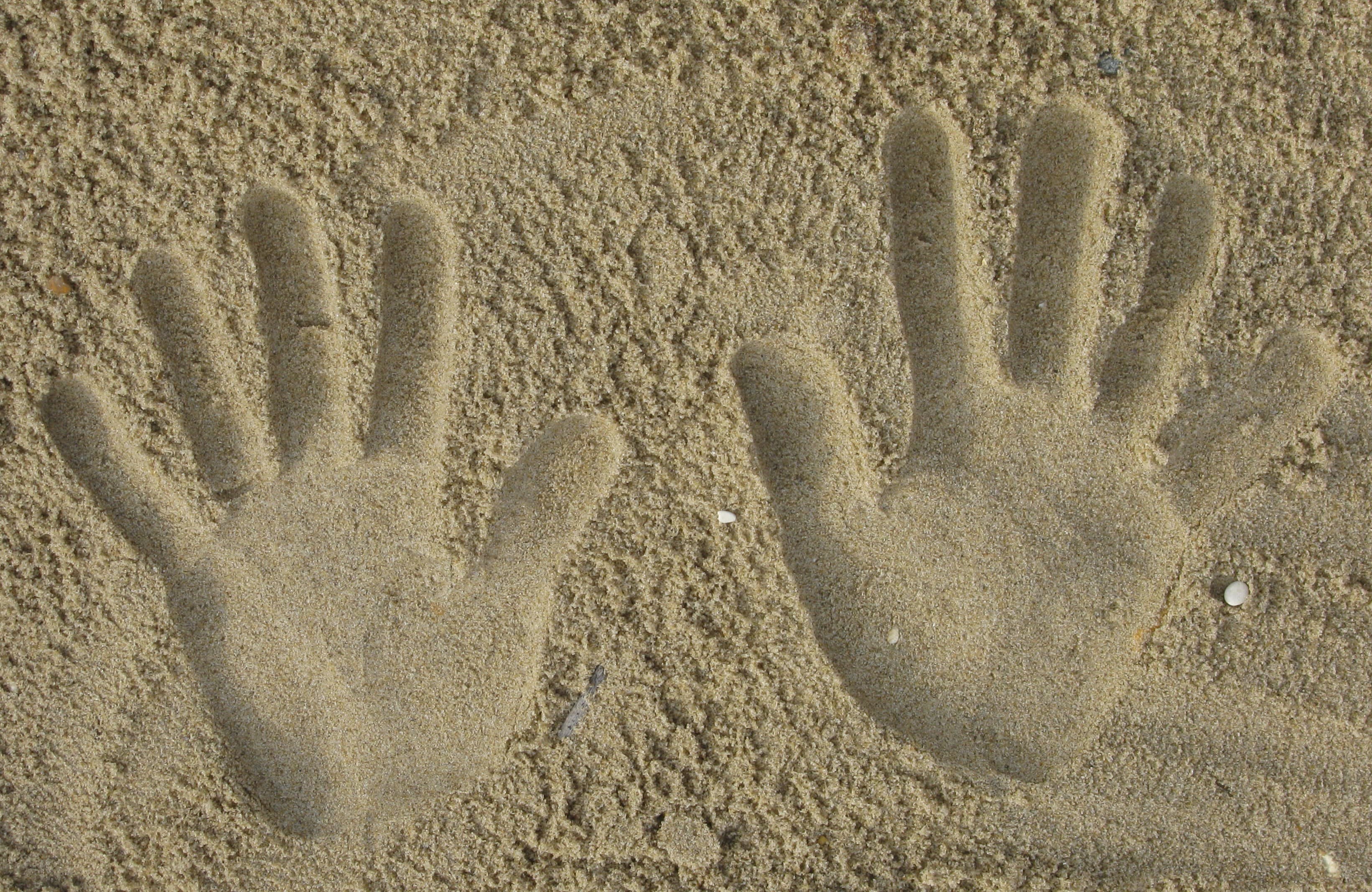Memory is a multi-billion dollar enterprise these days. I am personally on my fourth PDA and angling for a fifth yet sleeker, more efficient model. Reminder cards and scheduler programs abound. Capitalizing on human frailty, the memory industry offers compensation. For in a world that moves ever so quickly, we dare not forget that crucial meeting nor miss that all-important birthday (anniversary, wedding or bar mitzvah…).
If forgetting is a touchstone of our humanity, then the opposite perspective reigns Divine. Ein shikcha lifnei kisei kevodecha – “There is no forgetting before Your Divine Throne” – is the great theme of Rosh Hashana and is a vital component of God’s C.V. Imagine our surprise when we encounter in Parashat Noach the striking concept of Divine memory as the very explanation for the recession of the flood waters:
“And God remembered Noach and all of the animals that were with him on the Ark and God brought a wind upon the Earth and the Waters receded”.
“And God Remembered?” – What, pray tell, was God doing until that point? And while this might be the first time we encounter Divine memory, by no means is it the last. God keeps on remembering – be it Sarah, Rachel, Chana in their state of barrenness or the Jewish people as they wallow in the depths of Egypt. The notion of Divine memory certainly deserves our attention. Does God also need a Palm? (I have three older models)
Ramban (Spain, 1194-1270) distinguishes between the process of memory and its role. The process of remembering entails bringing an image from the past into the forefront of one’s thought.
Quite apart from its process, memory serves a specific role. Consider the disorientation of the advanced Alzheimer’s patient or the tragic plight of the stroke victim who courageously relearns the fine art of walking, talking and eating. Reflect upon the personal frustration we all feel when we just can’t put the name to the face. Without memory, opportunities for social, physical or intellectual advancement range from minimal to none.
Thus, the role of memory is to allow us to develop proficiency by reflecting upon and refining our previous bits of knowledge. In this vein we also speak of national or cultural memory – a knowledge of the past that allows us to advance civilization a notch beyond.
Surely, God has no need for the process of memory. He never forgets. Yet, the role of memory is acutely relevant to the Divine realm. When the Torah states that God remembered Noach – i.e. He bestowed upon him special mercy – it is for a particular higher purpose. Were God not to remember Noach, surely Noach would be reduced to spiritual toast. Similarly Sarah, Rachel and Chana, as beneficiaries of Divine memory, are enabled to transcend their physical barrenness in order to serve as matriarchs of the Jewish people. In the realm of the Divine, memory is totally purpose-oriented.
In a sense, “Divine memory” need not be restricted to God. About three years ago a particularly pious-looking young man walked into our daily afternoon prayer service. His gentle swaying and intense prayer bespoke a refined yet fervent religious commitment. Surely, I had no recollection of this fellow; yet he looked hauntingly familiar. Mentally, I exchanged his formal dress ware with a pair of jeans and a t-shirt. My mind’s eye darted back ten years, the beginning of my teaching career, to recollect a dear high school student who lived life on the wild side – able to rile up an entire school with a single howl; a student whose cresting popularity easily propelled him to the student council presidency. As I conjured up these images, I stared at the prayerful figure in the room, and was stirred by the realization that this was my beloved student – now a responsible, charismatic, intense young man, a newly-minted abba (father) to boot. As the two pictures collided, I gained a new appreciation of his personal odyssey. Here was an individual who did not remain stuck in the quagmire of memory but one who was able to build upon yesterday’s passions to build a prayerful personality.
For some time now, “We will never forget” has been a mantra of the Jewish community. To never forget is not enough. Instead, we would do well to heed Yogi Berra’s comment that “nostalgia isn’t what it used to be”. When Mark Twain wonders aloud: “All things are mortal but the Jew; all other forces pass, but he remains. What is the secret of his immortality?” do we simply smile or do we understand the implied challenge to grow our personal & communal Judaism? The raison d’etre of our collective Jewish memory should not merely warm the heart, but should serve to reorient our perspective on all things past. Divine memory as a notion issues a clarion call of renewed obligation, inspiration and energy. Are we listening?
Rabbi Asher Brander is the Rabbi of the Westwood Kehilla, Founder/Dean of LINK (Los Angeles Intercommunity Kollel) and is a Rebbe at Yeshiva University High Schools of Los Angeles
The words of this author reflect his/her own opinions and do not necessarily represent the official position of the Orthodox Union.
